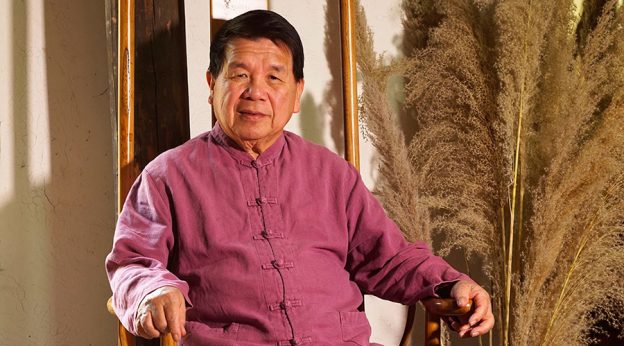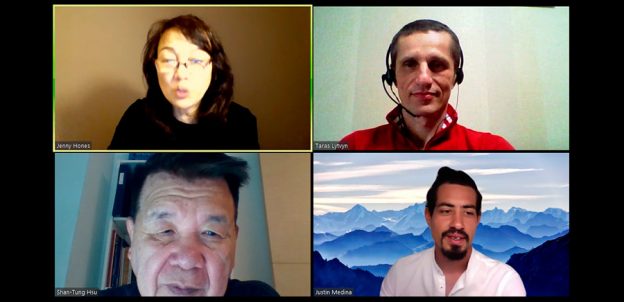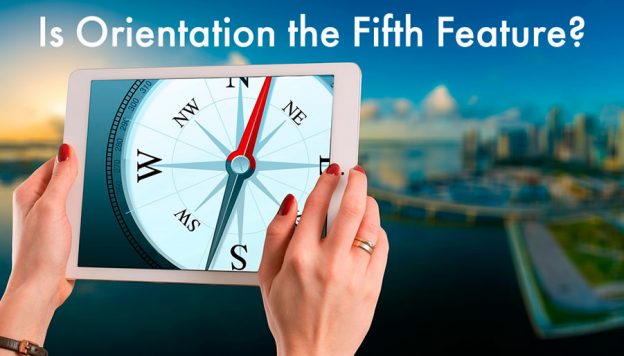There are literally hundreds of Feng Shui books on the market. Some blend truths and myths but many have only a distant connection to the essential core of Feng Shui. There are also books that refer to different schools of Feng Shui with conflicting thoughts, making it difficult for people to discern the validity of information.
So many Feng Shui books and teachings differ from each other, how to know which one to follow?
It is challenging to sift gold from sand. Even among the 800 or so volumes of Feng Shui classics in Chinese, many mix the core concepts of Feng Shui with customs, traditions, folklore, and even superstitions that do not necessarily contain universal value.
Indeed, finding the source of information that resonates with common sense and is universally applicable is a challenge for those interested in Feng Shui.
True Feng Shui knowledge follows natural principles and resonates with common sense. If those concepts presented resonate with you right away, most likely they are valid concepts.
Truth has power. If something is valid and truthful, you can feel it.
However, it is important to keep an open mind, free from preconceived ideas. Test the concepts in real life before you accept them as global truth.










